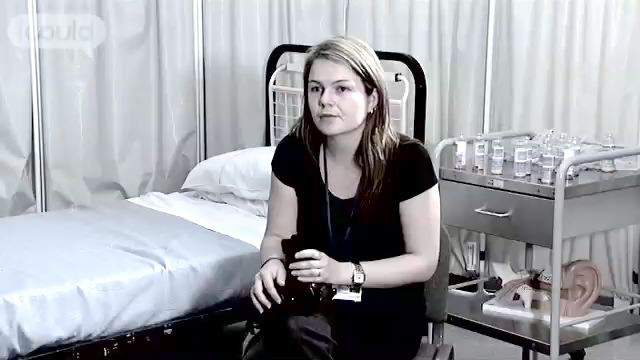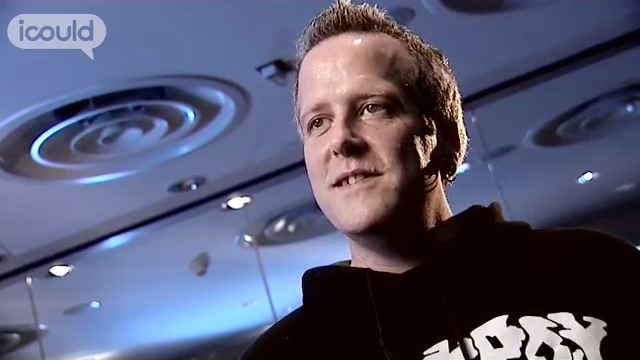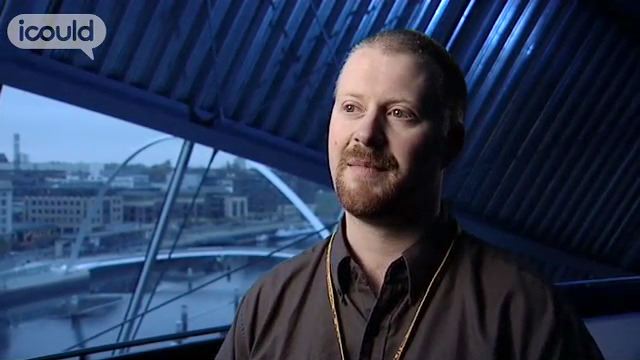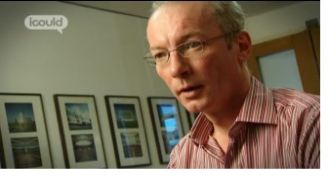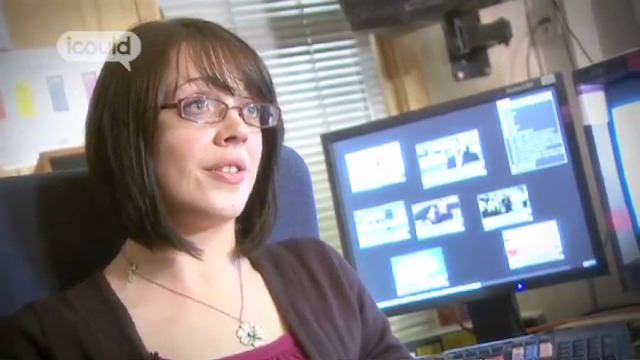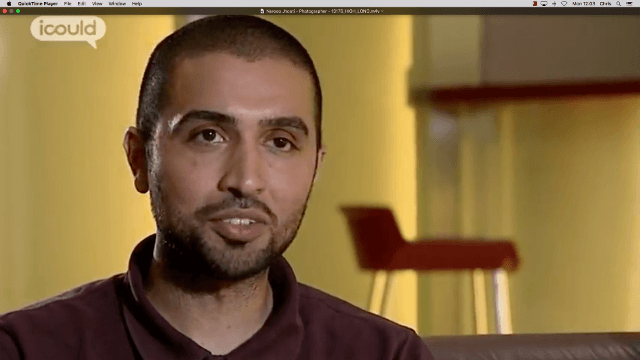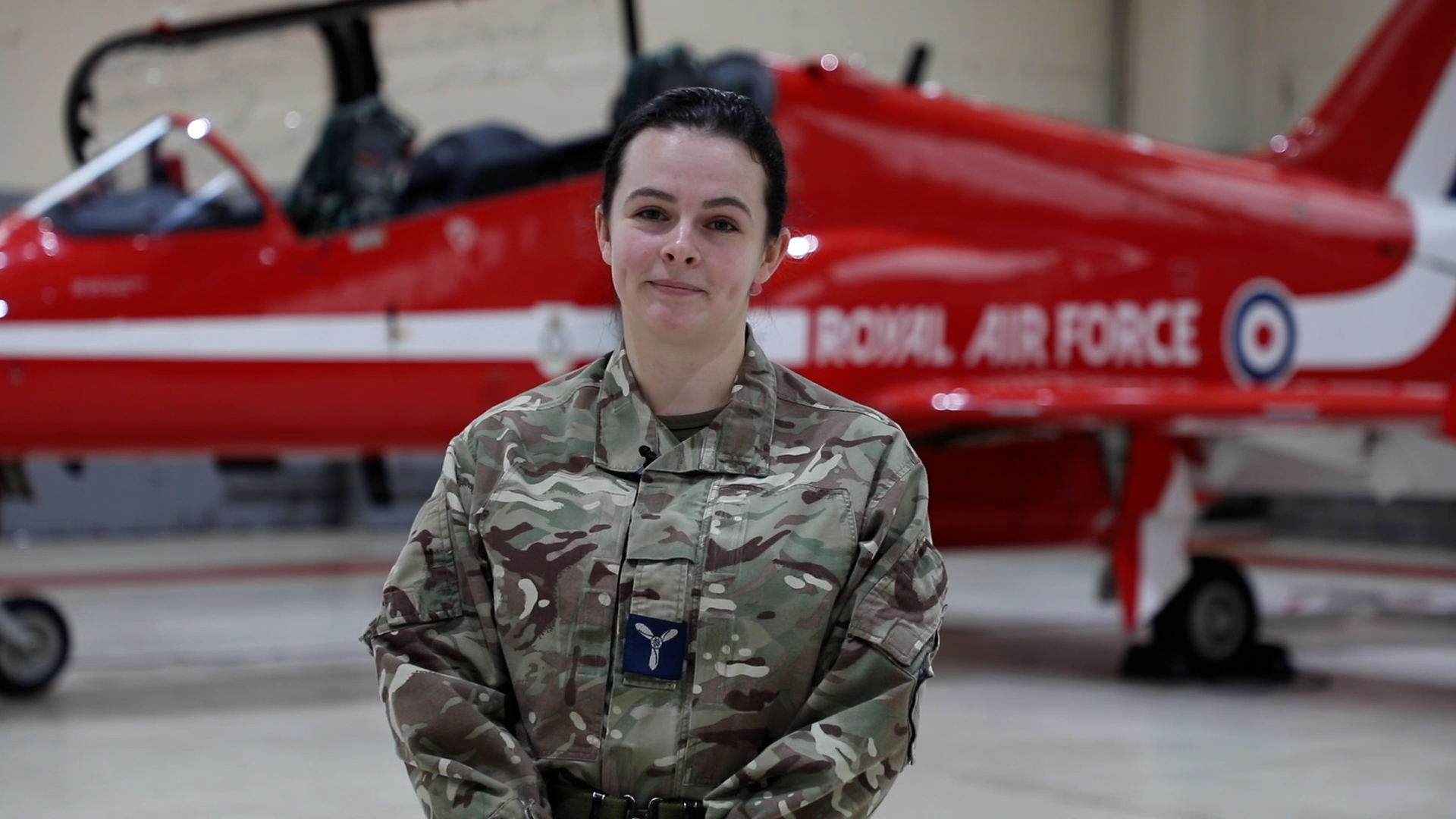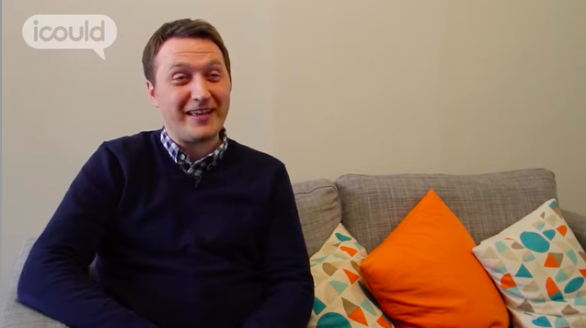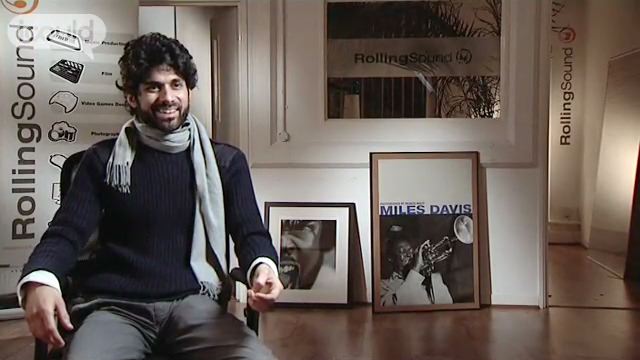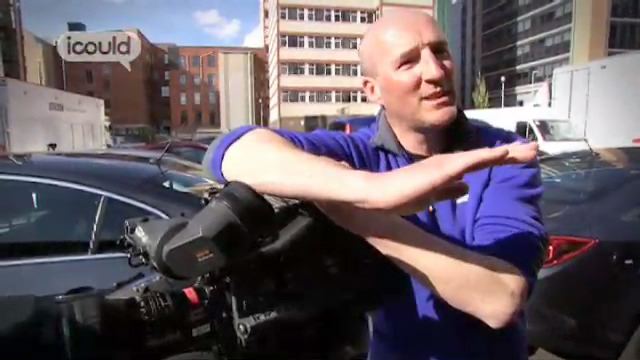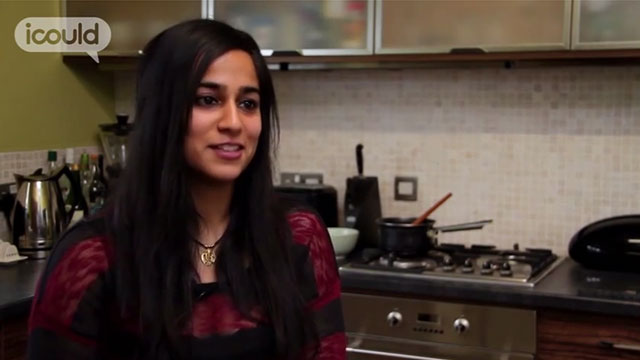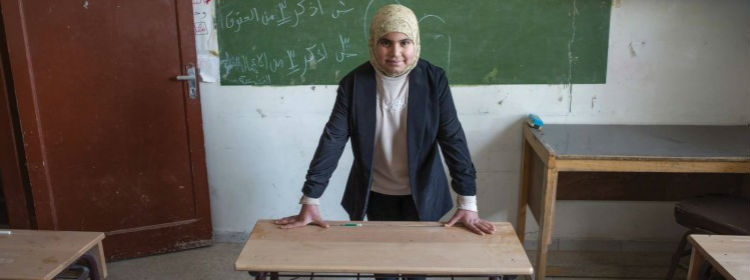Explore: Media
Photographer
Amit and Naroop
info Issues viewing the video?
| Amit A
Photographer |
|
| 00.0 | My names Amit, I’m one half of Amit and Naroop and I’m a photographer. We actually bumped into Tiny on a video set on a job we were doing, think it was for Jay Sean, and I got talking to Tiny and his manager. A couple of months later we put the shoot together and that went really well and we noticed that when we worked with Tiny that he had a kind of style imminent about him. We’ve seen this with a couple of other artists, we’ve just, it was a nice feeling being part of a project or seeing someone just before they blew up, knowing that you know this person, and that they’re gonna do things and then 2 months later you see the posters and the videos and their music’s all on the radio. It’s a really good feeling, I think he’s done really, really well. |
| 00.45 | I done GCSE’s I still remember my grades now, I think I got one A Star, 3 A’s, 4 B’s and 2 C’s. Which wasn’t amazing, but it was good. I didn’t do so well in my A-Levels, I managed to get into university. That didn’t last more than 3 months though. I went to City University, I done a media course. So kind of in a similar field I’m in now but I didn’t actually feel the course was that rewarding, I felt that they were teaching me things that I didn’t feel were important or was that relevant and then I got a call from young Naroop here one day, who said would I like to get involved in a project he’s doing. I was always quite fortunate as a youngster cos my dad had always invested in the latest technologies, so we always had the best video cameras and gadgets and everything. So Naroop arranged to come to my house and initially my dad was going to take the pictures but I ended up doing them. And that was the first time we worked together as photographers. And that day’s got a lot of significance to us, cos that I suppose is a turning point in both of our lives. We were both doing different things, but from that day we’ve kind of realised that we’re good at what we do and we enjoyed it. And we loved having the freedom to create something from nothing, and that was the day that we started. |
| 02.11 | My parents are semi-retired now, my dad used to be involved in graphic art and photography. He actually used to do a few weddings and I used to take care of the bookings and the business side of it so, he actually encouraged me, he showed me a couple of tricks from the start, and he kind of left me to it and on my way, you know. He said ‘Use the camera, ask me any questions you like’ but he said you’ll learn more by just experimenting and shooting and practising and that’s exactly what we done. We found that when you’re given the freedom to do something is when you will prosper the best as well. Had he been over my shoulder every 5 minutes saying ‘No that’s not right’ or ‘you need to do it like that’ I probably would of got tired, annoyed and gone down another route or path, but I think the balance was just right for us, it kind of allowed us to experiment and develop and get to where we are now. |
|
03.03 |
I would not have become a photographer had it not been for technology. I am one of those people that I like instant results so, when I send a message on my blackberry I wanna reply instantly, when I take a picture, I wanna see it instantly. Had there not been technology, had we been talking 20 years ago in film, I can’t see myself and Naroop sitting in a dark room on a Friday night flicking through stuff, waiting and guessing and, I couldn’t even work out how to develop a film now if someone asked me to, I wouldn’t know. And I think that the kids these days, they’ve got no excuse not to get involved in and try photography. You can know what your results are straight away. |
|
03.47 |
If we go back 5 years now, we wouldn’t necessarily expect to be in this situation. Its quite a nice feeling not knowing what’s around the corner, its like the old phrase, you’re driving in the dark and you’ve got the headlights on, you can see a tiny bit in front of you but not all the way down the road and I think that is quite nice. And we always say ignorance is bliss as well. And we’ve learnt that if we knew how hard this was going to be, none of us would have started from the beginning, cos we just wouldn’t have had the courage to do it. And it’s kind of nice not knowing what the futures got in store for you, but its nice at the same time having a goal and a vision so we try and get the balance right. We’re not worrying too much about the future, but we make sure we’re handling stuff now that will hopefully help us as well in the future. |
Amit A is a self trained photographer and one half of celebrity photographers, Amit and Naroop. Amit began a media course at university but new it wasn’t for him. An impromptu photoshoot with now business partner, Naroop, led him into a career in photography. The entrepreneurial duo have combined their talents with determination to go on to shoot artists such as Tinie Tempah, Jay Sean and Tinchy Stryder.
More information about Photographers, audio-visual and broadcasting equipment operators
Data powered by LMI For All
£31,200
average salary
The UK average salary is £29,813
36
average weekly hoursThere are 37.5 hours in the average working week
75%
male
25%
female
The UK workforce is 47% female and 53% male
Future employment
Future employment
Description
Workers in this unit group operate and assist with still, cine and television cameras and operate other equipment to record, manipulate and project sound and vision for entertainment, cultural, commercial and industrial purposes.
Qualifications
There are no set academic requirements although entrants usually possess GCSEs/S grades, A levels/H grades and are able to demonstrate proof of pre- entry work experience. A variety of diplomas, degrees and postgraduate qualifications are available. NVQs/SVQs in Photography are available at Levels 2, 3 and 4.
Tasks
- Selects subject and conceives composition of picture or discusses composition with colleagues;
- Arranges subject, lighting, camera equipment and any microphones;
- Inserts lenses and adjusts aperture and speed settings as necessary;
- Operates scanning equipment to transfer image to computer and manipulates image to achieve the desired effect;
- Photographs subject or follows action by moving camera;
- Takes, records and manipulates digital images and digital video footage;
- Controls transmission, broadcasting and satellite systems for television and radio programmes, identifies and solves related technical problems;
- Checks operation and positioning of projectors, vision and sound recording equipment, and mixing and dubbing equipment;
- Operates equipment to record, edit and play back films and television programmes;
- Manages health and safety issues;
- Operates sound mixing and dubbing equipment to obtain desired mix, level and balance of sound.
Employment by region
Top 10 industries for this job
Film & music
18957
Employment activities
11399
Other professional
8467
Arts & entertainment
6523
Head offices, etc
6026
Broadcasting
5529
Publishing activities
4918
Gambling
3771
Sport & recreation
3734
Education
2489
Employment status
Related career stories
⇦
⇨
